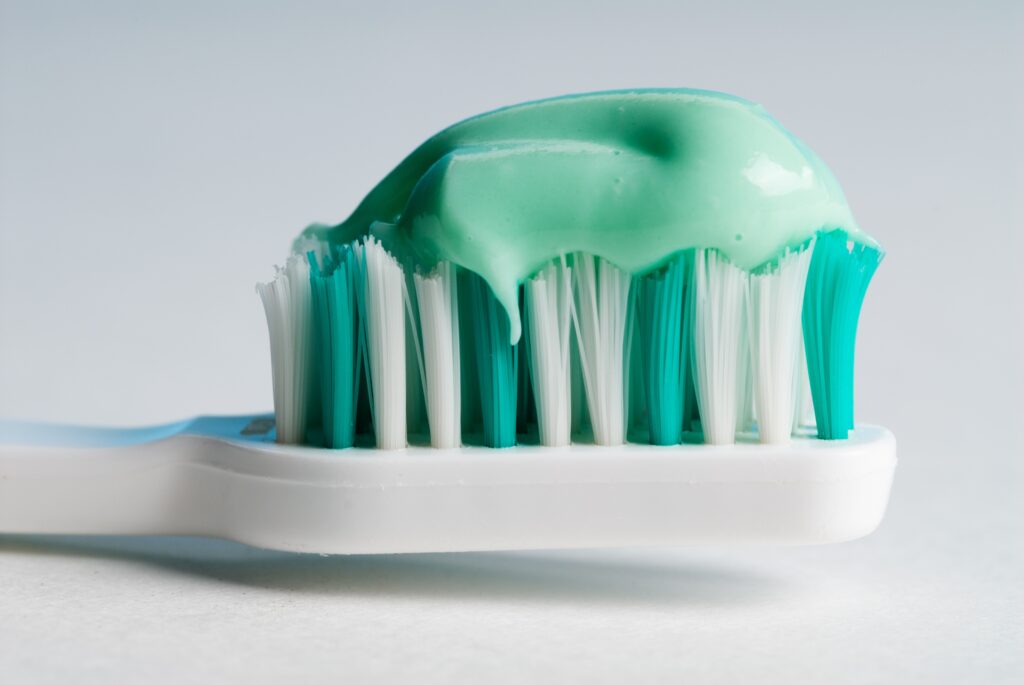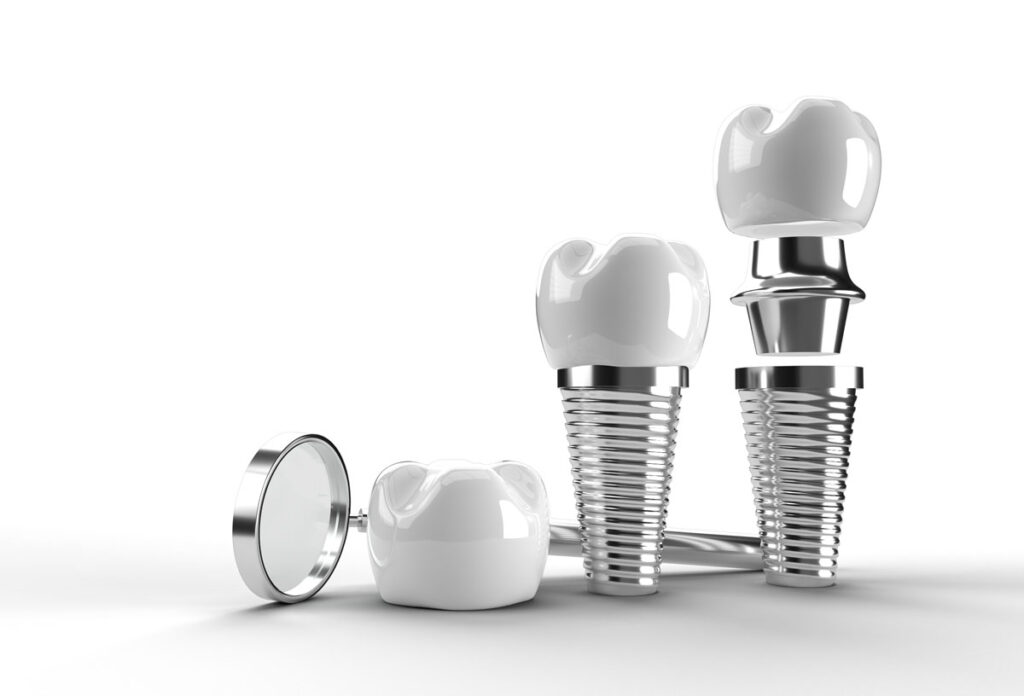Updated: 2/5/2020
Why do dentists want to see us every six months, or sometimes more than that? Regular dental checkups are vital for helping us maintain healthy teeth and gums and receiving regular screening for gum disease and other serious oral health problems. Your dentist may schedule you for more frequent cleanings and checkups if you need additional help keeping your teeth clean or if you’re at a greater risk for oral diseases.
There are also other factors the dentist takes into consideration when scheduling your dental appointments, including: tobacco and alcohol use, pregnancy, periodontal and gum disease, diabetes, poor oral hygiene and certain medical conditions.
7 Common Dental Diseases and Ailments
1. Oral Cancer
At each checkup, your dentist is screening you for oral cancer, which is highly curable if caught early. Unfortunately, a lot of people are unaware of how important this is. The Oral Cancer Foundation has found that someone dies from oral cancer every hour of every day in the United States.
2. Dental Cavities
Tooth decay is a common disorder, second only to the common cold, according to Medline Plus. Cavities are created from the acids in plaque, which damage the enamel covering your teeth. By scheduling regular checkups with your dentist, they will be able to keep track of how your teeth are doing. Fillings, crowns and root canals are a few of the treatments used by dentists to prevent tooth damage from leading to cavities.
3. Swollen Gums
Swollen gums can be a result of a number of problems, such as: gingivitis, malnutrition, infection from a virus or fungus, pregnancy, poorly fitted dentures or sensitivity to toothpaste or mouthwash. Some ways to help:
- Change your toothpaste brand and stop using mouthwashes if the swollen gums are a result of sensitivity toward either.
- Brush and floss daily.
- See a dentist or periodontist at least every six months.
4. Bleeding Gums
Bleeding gums are primarily due to plaque that wasn’t adequately removed from your teeth at the gum line, which can eventually lead to gum disease. No amount of brushing and flossing every day can completely remove all of the plaque. It’s crucial that you continue these daily practices, but your dentist will help tremendously at regular checkups by removing the plaque you weren’t able to reach.
5. Tooth Sensitivity
Tooth sensitivity causes pain and discomfort to teeth from sweets, hot drinks, cold drinks, ice cream or cold air. Speak to your dentist about increasing your fluoride intake if your fluoride intake level is low. Increasing your fluoride intake will reduce tooth sensitivity.
6. Tooth Erosion
Acid that attacks tooth enamel causes the loss of teeth. The signs and symptoms of tooth erosion can include tooth discoloration, tooth sensitivity or more severe problems like cracking. Here are a few tips on how to prevent tooth erosion:
- Use a soft toothbrush and fluoride toothpaste to reduce tooth sensitivity.
- Chew sugar-free gum to increase saliva flow in your mouth.
- Avoid carbonated beverages. Replace these drinks with water, milk or unsweetened coffee and tea. If you can’t stay away from the bubbly beverage, see The Worst Soda for Your Teeth for tips on how to keep the contact to your teeth at a minimum.
7. Gum Disease and Recession
When the gum line starts to recede, the roots of your teeth are exposed, which makes them vulnerable to disease-causing bacteria that tends to build up. Some of the common causes of gum recession include:
- Gum disease
- Not prioritizing regular dental check ups
- Hormone changes
- Tobacco products
- Aggressive tooth brushing
- Clenching and grinding your teeth
- A misaligned bite or crooked teeth
- Tongue or lip piercings
This may be one of the first signs of gum disease, which can lead to adult tooth loss and other serious problems. As you age, you become more vulnerable to gum disease. However, if diagnosed early, it can be treated and reversed. With regular dental cleanings and checkups and brushing twice a day and flossing daily, you can avoid the disastrous effects of this disease. If this disease goes undetected, root canals, teeth extractions and gum surgery are inevitable.
Not only will good oral hygiene and regular checkups help prevent these dental diseases and ailments, but it’s also essential for your overall health.

Without practicing good oral hygiene, you could face severe problems like heart disease, strokes and more. For more information, please see our post on The Importance of Dental Care for Seniors. Although speaking specifically to seniors in the article, we’re all at risk for any of these diseases if we don’t maintain good oral hygiene, which requires home care and regular checkups to the dentist.







I am very pleased with careigton dental plan. Thank you, the discounts are very helpful.
i had a tooth extracted at lovett dental and was charged 62 dollars for exam and 149 dollars for the excraction.a jot different than the prices on your network.i am not pleased with your policy.
Hi Donald, I apologize for the delay in responding. I am very sorry the prices were different from what you saw on our website. That should not be the case. If you could please give our Careington office a call at 855-772-4512, we would really appreciate it. You can go over your bill with them and they will be able to help you.